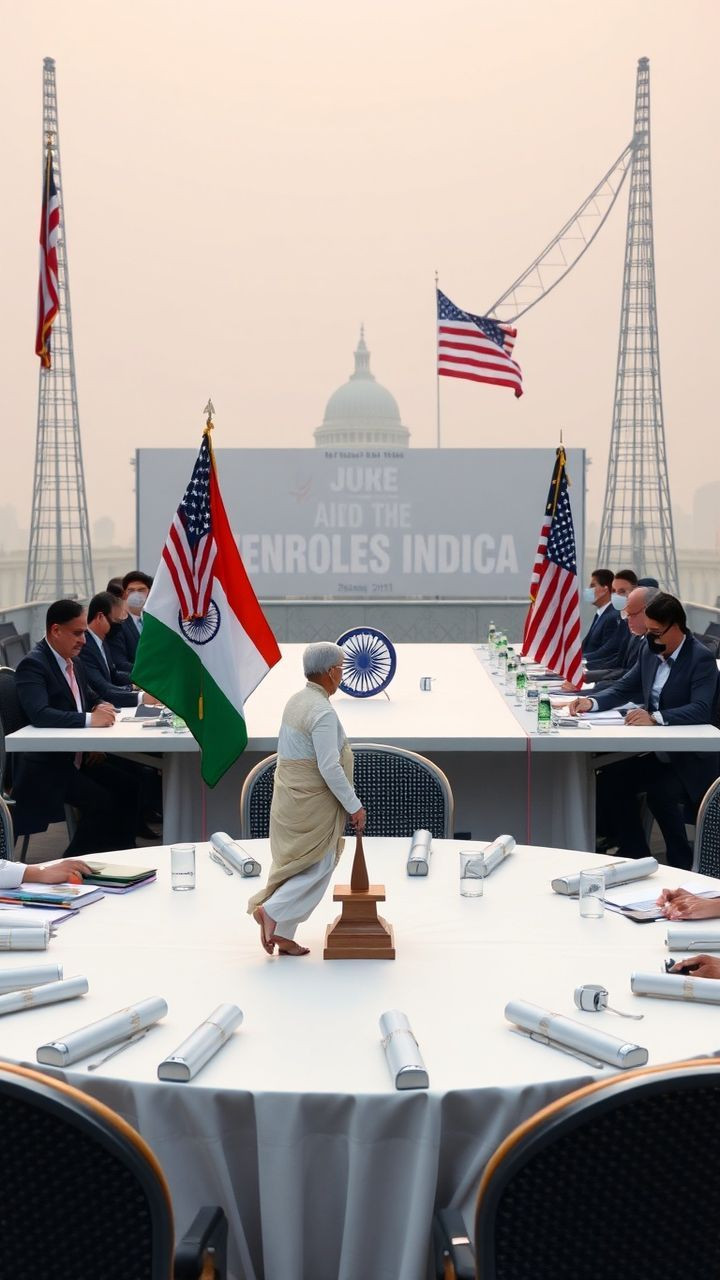
"Lessons Learned from Trump's Tariff Deadline on Canada, Mexico, and China
"Lessons Learned from Trump's Tariff Deadline on Canada, Mexico, and China
Lessons Learned from Trump's Tariff Deadline on Canada, Mexico, and ChinaAs the clock ticks down to President Donald Trump's deadline to impose sweeping tariffs on Canada, Mexico, and China, the global economy is bracing for impact. With less than 24 hours to go, we've distilled five valuable lessons about the unpredictable nature of policy changes, trade wars, and their far-reaching consequences.Lesson #1: Unpredictability is a Hallmark of Policy ChangesPresident Trump's presidency has been marked by sudden and unexpected policy announcements, leaving businesses, investors, and citizens scrambling to adapt. This unpredictability has become a hallmark of his tenure, with the promise of tariffs serving as a bargaining chip to accelerate negotiations on trade deals.Lesson #2: Tariffs Can Have Significant Economic ConsequencesTariffs are paid by US businesses to the government on purchases from abroad, with the economic weight falling on importers, foreign suppliers, or consumers. According to JPMorgan analysts, Canada and Mexico would suffer disproportionately under 25% US tariffs, with proportional retaliations expected from both countries. This could lead to real GDP losses estimated at 3.6% for Canada and 2% for Mexico.Lesson #3: Trade Wars Can Pose Recession RisksThe threat of blanket US tariffs and Ottawa's response in kind could cause Canada to fall into recession this year, with the United States also facing a shallow downturn, according to Oxford Economics. This underscores the importance of finding a "grand bargain" that balances national interests while minimizing economic disruption.Lesson #4: Exceptions Can Soften the BlowPresident Trump has hinted at potential exceptions for crude oil imports from Canada and Mexico, which could mitigate the impact on these key trading partners. The US supplied over 70% of its crude oil imports from these countries in 2020, with almost 60% coming from Canada alone.Lesson #5: A "Grand Bargain" May Be the Ultimate GoalThe Trump administration has emphasized the importance of finding a comprehensive agreement that addresses national security concerns and trade imbalances. This could involve incremental tariff increases on Chinese goods, as Isaac Boltansky of BTIG expects, with consumer goods potentially facing lower hikes.As we navigate this complex web of tariffs, trade wars, and economic uncertainty, it's essential to remember the far-reaching consequences of policy decisions. By staying adaptable, informed, and proactive, professionals can better navigate the ever-changing landscape of global trade and commerce.Key Takeaways: Policy changes can happen overnight, requiring businesses and investors to be agile. Tariffs can have significant economic impacts, with real GDP losses estimated for Canada and Mexico. Trade wars can pose recession risks, emphasizing the need for a "grand bargain" that balances national interests. Exceptions can soften the blow, as seen in potential exemptions for crude oil imports from Canada and Mexico. A "grand bargain" may be the ultimate goal, involving incremental tariff increases on Chinese goods.By incorporating these lessons into your professional toolkit, you'll be better equipped to navigate the complex world of international trade and commerce. Stay informed, stay adaptable, and prepare for a future shaped by the unpredictable nature of global policy decisions.



